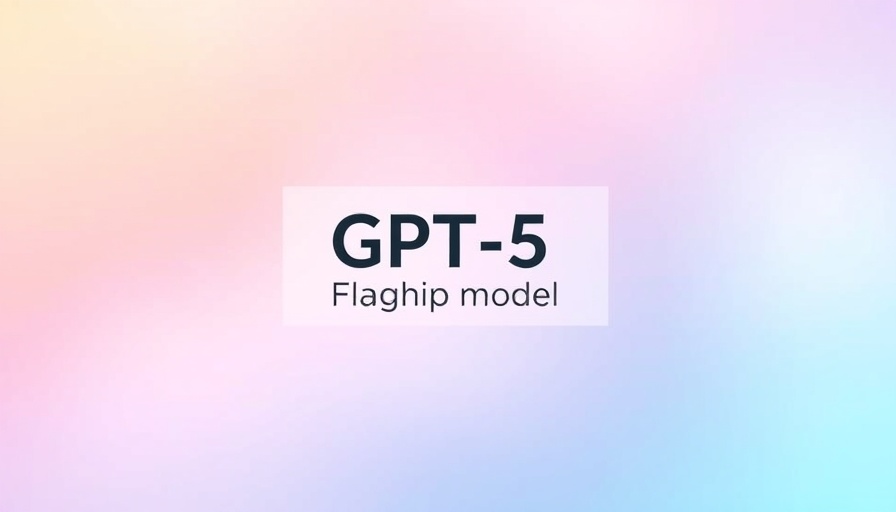
Windsurf Faces Critical AI Access Limitation from Anthropic
Windsurf, a tech-savvy startup known for its vibe coding innovations, finds itself in a precarious situation as Anthropic limits its access to the Claude AI models. This development comes just as Windsurf's popularity soared within the coding community and amidst talks of an acquisition by OpenAI. CEO Varun Mohan did not mince words in his recent post, expressing frustration over the abrupt reduction in access to Claude 3.7 Sonnet and Claude 3.5 Sonnet, stating, "This is not our desire – we wanted to pay them for the full capacity."
The Timeline and Impact of Anthropic's Decision
This sudden pivot by Anthropic left Windsurf with only five days of notice to adapt, raising urgent concerns about service disruptions for its user base. With plans now redirected to secure third-party compute providers, the shake-up could lead to immediate availability issues for developers relying on Claude’s robust capabilities.
In an ironic twist, the decision followed closely on the heels of an event highlighting Claude 4, which has drawn praise for its superior performance in software engineering tasks. Unlike Windsurf, other applications like GitHub Copilot and Anysphere’s Cursor swiftly integrated the new models upon release, a stark reminder of the competitive landscape and the significance of direct access to cutting-edge technology.
What This Means for the Vibe Coding Sector
The vibe coding sector, characterized by tools that harness AI for programming tasks, is becoming increasingly competitive. OpenAI's acquisition of Windsurf signifies the potential foreshadowing of tech industry trends, where collaboration and integration become essential. Notably, Anthropic’s move seems to reflect a strategic realignment as they invest more resources into their in-house coding applications, including the recent launch of Claude Code.
This not only intensifies the competition but highlights the need for startups like Windsurf to pivot and innovate quickly to stay relevant. The race to harness AI effectively is pivotal for these emerging businesses in the tech industry.
Strategic Insights from Industry Leaders
To understand the implications of this development, industry professionals should look at the broader trends in AI collaborations. As organizations like OpenAI and Anthropic vie for dominance, the startup ecosystem must adapt to rapid changes and shifting landscapes. The relationship dynamics between AI providers and leveraging platforms like Windsurf will likely dictate the success of future innovations and collaborations.
Experts warn that such disruptions may expose vulnerabilities in reliance on singular AI models and push startups towards diversifying their technology stack. It's a disruptive moment that could potentially reshape strategies across the industry.
Looking Ahead: Future Predictions and Opportunities
Windsurf’s situation serves as a case study in managing dependencies in technology workflows. As the AI landscape evolves, companies should seek to integrate multiple vendor solutions to mitigate risk and ensure service continuity. Furthermore, the lessons from this predicament could lead to a more robust infrastructure built to withstand sudden shifts imposed by major AI providers.
With the tech industry accelerating, a focus on diversification and agile strategies to respond to changing access to key technologies will be vital for startups aiming for sustainability and growth in a competitive atmosphere.
In conclusion, as Windsurf navigates these new waters, professionals in tech-driven industries can gain valuable insights from this scenario and prepare for the evolving nature of AI relationships in their own business strategies.
 Add Row
Add Row  Add
Add 




Write A Comment